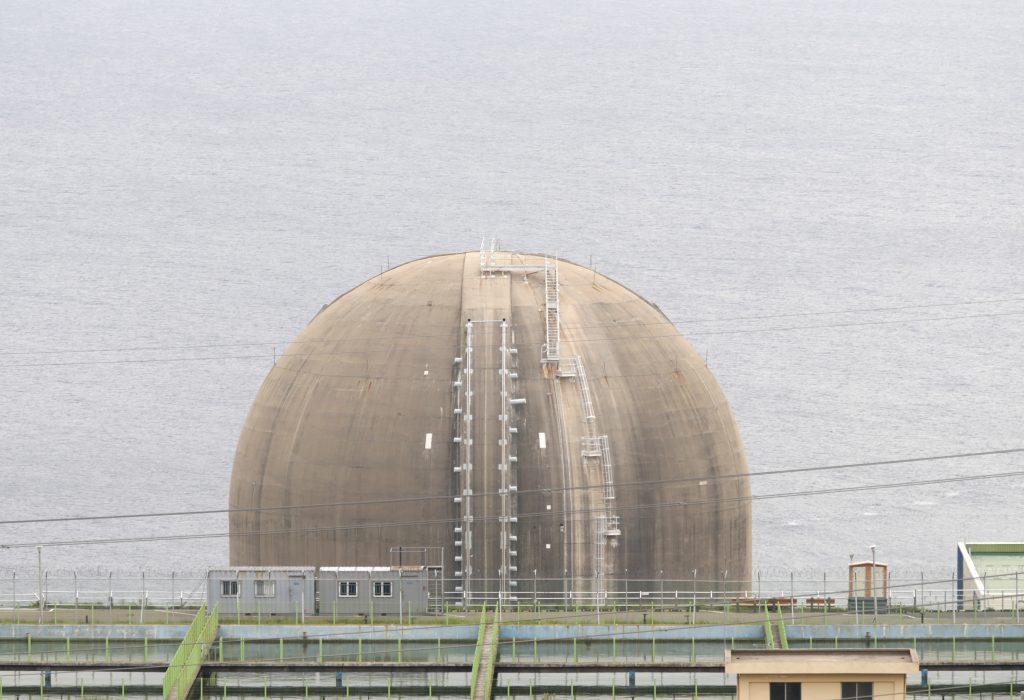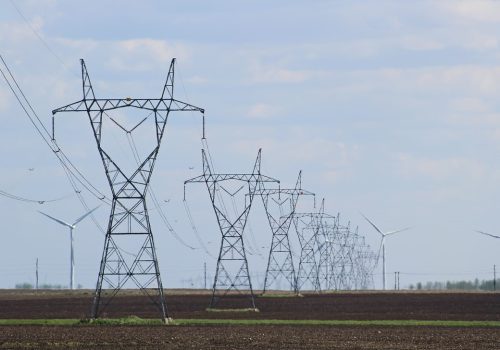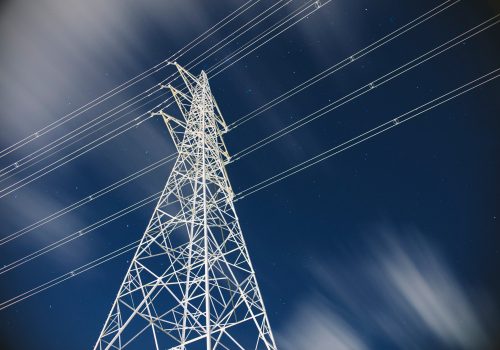The impact of merging climate and trade policy on global demand for nuclear energy
As countries around the world embrace an increasingly ambitious climate agenda, the importance of trade policy tools that prevent leakage to economies whose climate regulations are less stringent is becoming evident. Mechanisms that charge a fee at the border for more emissions-intensive imports from other countries and thus increase their price in the domestic market have gained traction. These tools, if used by the G7, would likely have enough heft to set a de facto international price on carbon.
Trade policy like this would increase the attractiveness of low-carbon technologies, like nuclear energy, in countries looking to maintain their export competitiveness in a carbon-constrained market. This presents an opportunity for G7 countries to drive investment into these technologies in developing, export-oriented countries as they look for ways to maintain market share. Such policy would also incentivize developed countries that are planning to shut down nuclear reactors to consider the detrimental impact of replacing the ensuing generation shortfall with unabated fossil fuels, and it would push policymakers to assess the risks of new nuclear demand to proliferation standards, particularly if China and Russia continue to build the vast majority of new international nuclear projects.
View the full issue brief below
Authors
Watch the launch
Related content
stay connected
Subscribe to our newsletter
Sign up to receive our weekly DirectCurrent newsletter to stay up to date on the program’s work.

The Global Energy Center develops and promotes pragmatic and nonpartisan policy solutions designed to advance global energy security, enhance economic opportunity, and accelerate pathways to net-zero emissions.
Image: The Kori No. 4 reactor of state-run utility Korea Electric Power Corp (KEPCO) is seen in Ulsan, about 410 km (255 miles) southeast of Seoul, September 3, 2013. South Korea faces possible power blackouts this winter and next summer, as cable safety issues and protests that are holding up completion of an ultra-high-voltage power line threaten to keep more nuclear reactors offline. Picture taken September 3, 2013. REUTERS/Lee Jae-Won (SOUTH KOREA - Tags: ENERGY ENVIRONMENT BUSINESS) - GM1E9991CO901



